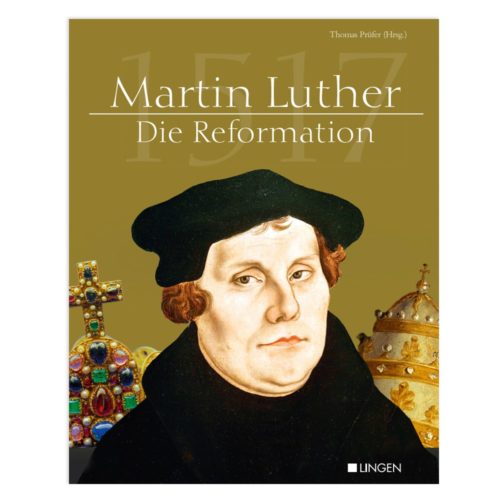

The Reformation, in turn, reshaped Europe. An eighth of the human race is now Protestant.

To tote up the Protestant denominations discussed in Alec Ryrie’s new book, “ Protestants” (Viking), is almost comical, there are so many of them. His reforms survived to breed other reforms, many of which he disapproved of. Once he had divided the Church, it could not be healed. Luther was one of those figures who touched off something much larger than himself namely, the Reformation-the sundering of the Church and a fundamental revision of its theology. If the Ninety-five Theses sprouted a myth, that is no surprise. Rather, like all “theses” in those days, they were points to be thrashed out in public disputations, in the manner of the ecclesiastical scholars of the twelfth century or, for that matter, the debate clubs of tradition-minded universities in our own time. Furthermore, the theses were not, as is often imagined, a set of non-negotiable demands about how the Church should reform itself in accordance with Brother Martin’s standards. He remembered drawing up a list of ninety-five theses around the date in question, but, as for what he did with it, all he was sure of was that he sent it to the local archbishop. Not only were there no eyewitnesses Luther himself, ordinarily an enthusiastic self-dramatizer, was vague on what had happened. They differ on many points, but something that most of them agree on is that the hammering episode, so satisfying symbolically-loud, metallic, violent-never occurred. Accordingly, a number of books have come out, reconsidering the man and his influence. This month marks the five-hundredth anniversary of Luther’s famous action.

Illustration by Nick LittleĬlang! Clang! Down the corridors of religious history we hear this sound: Martin Luther, an energetic thirty-three-year-old Augustinian friar, hammering his Ninety-five Theses to the doors of the Castle Church of Wittenberg, in Saxony, and thus, eventually, splitting the thousand-year-old Roman Catholic Church into two churches-one loyal to the Pope in Rome, the other protesting against the Pope’s rule and soon, in fact, calling itself Protestant. Luther’s reforms succeeded because of his energetic, charismatic personality.


 0 kommentar(er)
0 kommentar(er)
